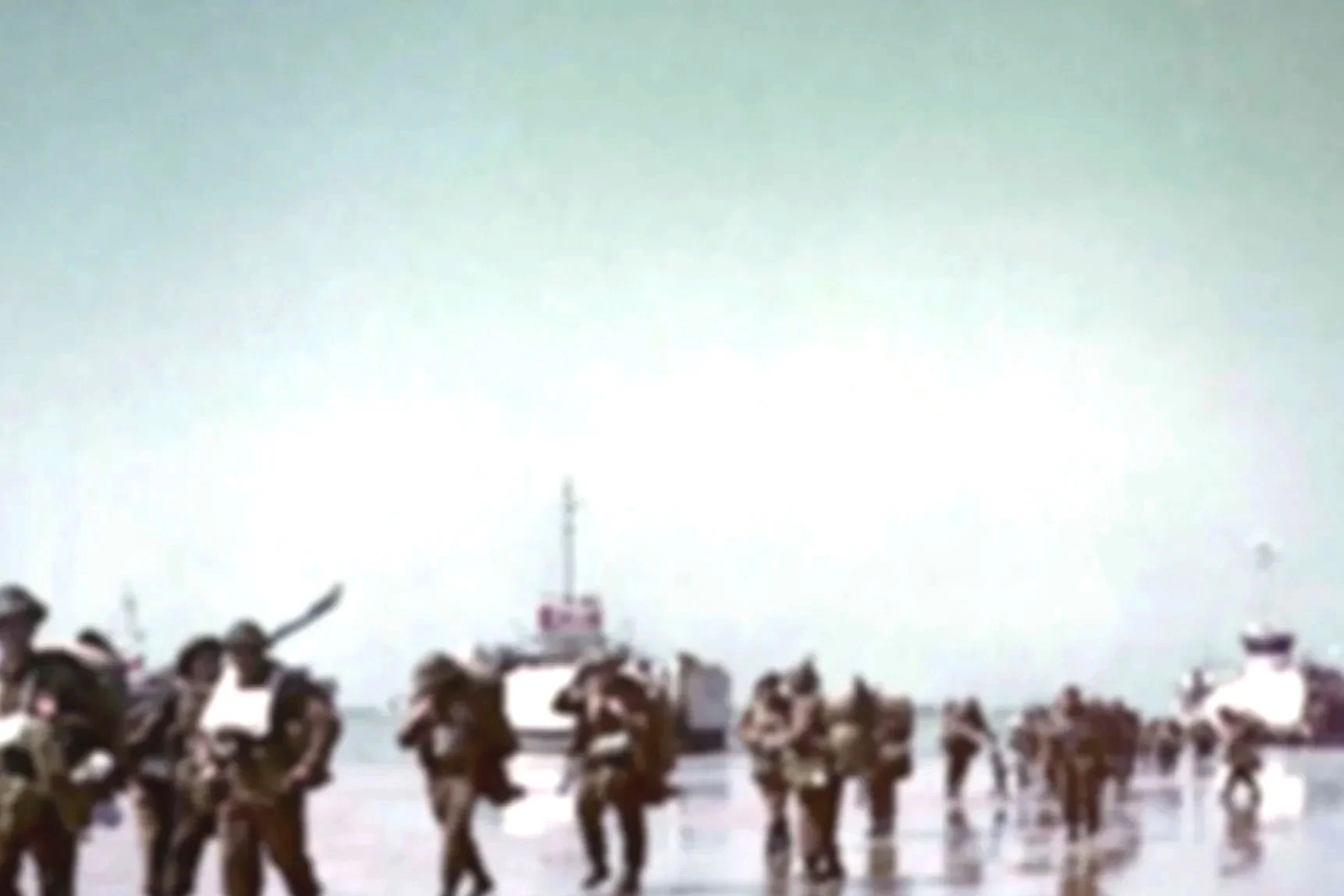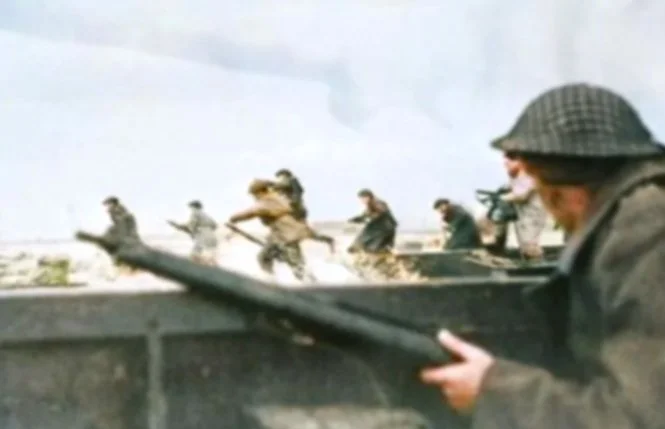
Sometimes You Get Lucky
The Okill Stuart Story: The Years 1921 - 1954
Background: Canadian Infantry, Juno Beach, D-Day

Few figures can rival Okill Stuart of Montreal for sheer daring and spunk. A school chum and lifelong friend of Prince Philip, Okill learned to ski from a member of Britain’s Olympic team—who, unbeknownst to all, was secretly a wartime MI6 intelligence officer.
Okill was among the Canadian troops who landed in France on D-Day, June 6, 1944. Remarkably, he had just won $2,500—a huge sum at the time—playing poker while crossing the English Channel en route to Juno Beach. After fighting his way through France, he single-handedly liberated a Dutch town from German occupation. He was later awarded the French Legion of Honour.
Okill came by his guts honestly. He descended in the direct male line from Reverend John Stuart, a British spy during the American Revolutionary War. The Reverend was sent north from the New York colony in a frontier spy exchange in 1778. Once in Canada, he founded the first English school in Montreal. In the eight generations since, his descendants have served as Canadian mayors, attorneys general, chief justices, military officers and captains of industry. As with Okill, all were men of action.
What follows is a quick scan of Okill Stuart’s biography—a glimpse, in words and pictures, of a one-of-a-kind, real-life Canadian hero.

During his retirement years, Okill championed the cause of war veterans who could not fight for themselves. Even into his nineties, he battled bureaucracy to ensure a Montreal hospital remained exclusively dedicated to veterans. In the news clip below, David Johnston of The Gazette captures the old soldier’s determination.

I had the good fortune of attending Okill’s 90th birthday celebration held at the historic Louis-Joseph Forget House on Montreal’s ‘Gold Mile’. In honour of Okill, I created the presentation below. The song Lily Marleen, originally a favourite of German soldiers in World Wars I and II, was eventually adopted by Allied and Axis soldiers alike. Okill’s regiment played the song whenever he entered a room at an official function.

